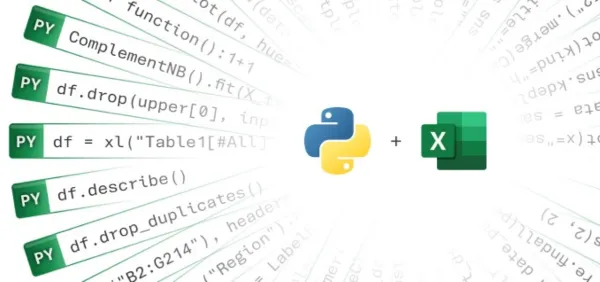In the dynamic landscape of modern finance, the integration of Artificial Intelligence (AI) has ushered in a new era of possibilities and challenges for professionals in the field of Financial Planning and Analysis (FP&A). As AI continues to evolve, its impact on FP&A careers cannot be underestimated.
This article explores into the complicated relationship between AI and FP&A, exploring how AI is reshaping the industry, and highlighting the transformative benefits that AI brings to FP&A professionals.
The AI Disruption in FP&A: Navigating the Transformation
AI’s impact on FP&A careers is undeniable, sparking both excitement and apprehension among finance professionals. AI technologies, such as machine learning and predictive analytics, have the potential to revolutionize traditional FP&A tasks. While some professionals might worry about job displacement, the reality is far more complex. AI is not here to replace, but to enhance and empower FP&A roles.
The Pros and Cons of AI Integration in FP&A: Striking the Balance
Let’s start by addressing the potential downsides. The primary concern revolves around job displacement due to AI automation. Certain routine tasks, like data entry and basic analysis, can indeed be handled more efficiently by AI algorithms. This has led to concerns about job redundancy. However, the counterargument, to which I’m personally more inclined, lies in the fact that AI opens up new avenues for value-added tasks.
The Bright Side of AI for FP&A Professionals: Harnessing the Potential
1. Data-Driven Insights: AI enables FP&A professionals to delve into vast datasets with greater ease, extracting meaningful insights that were once time-consuming to uncover. This empowers professionals to make well-informed strategic decisions, driving business growth.
2. Enhanced Forecasting: AI-driven predictive analytics can improve forecasting accuracy. FP&A professionals armed with AI-powered tools can anticipate market trends and economic shifts, enabling their organizations to proactively respond to changing conditions.
3. Time-Saving Automation: Routine and repetitive tasks, like data cleansing and report generation, can be automated using AI. This frees up FP&A professionals to focus on more strategic activities, such as scenario analysis and strategic planning.
4. Scenario Planning: AI enables professionals to run complex scenario analyses quickly. This capability is invaluable when evaluating various business strategies, enabling companies to assess potential outcomes before making critical decisions.
5. Strategic Partnering: With everyday tasks offloaded to AI, FP&A professionals can transition into strategic partners within their organizations. Their expertise becomes vital in interpreting AI-generated insights and aligning financial strategies with broader business objectives.
The Road Ahead: Embracing AI as an Essential Tool
AI is not a standalone solution but a tool that we, FP&A professionals, can leverage to amplify our impact. Instead of fearing job displacement, our focus should shift towards upskilling and reskilling to utilize AI’s potential and utilize it to our advantage. We can seamlessly transition from data processors to data interpreters, using AI-generated insights to drive strategic initiatives.
As AI operates repetitive tasks, it empowers us to elevate our roles, concentrating on strategic decision-making, complex analysis, and innovation.








